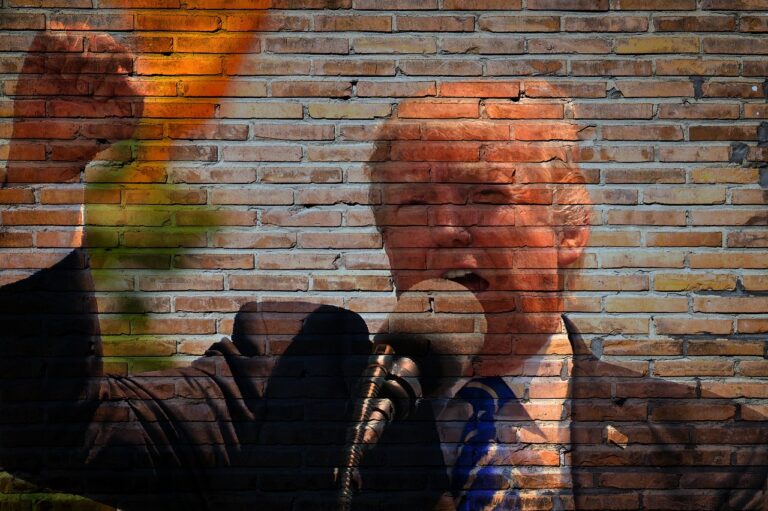Former President Donald Trump has openly declared his opposition to the concept of a Central Bank Digital Currency (CBDC), a stance he detailed in a campaign stop in New Hampshire on January 18. This position aligns with Trump’s broader economic and political agenda, resonating particularly with his conservative base.
Trump’s Key Assertions
- Preventing Government Overreach: Trump emphasized his intention to “protect Americans from government tyranny” by opposing the creation of a CBDC, suggesting it could lead to government control over individual finances. He said, “As your president, I will never allow the creation of a central bank digital currency … Such a currency would give a federal government — our federal government — absolute control over your money. They could take your money, and you wouldn’t even know it’s gone.”
- Concerns Over Personal Funds: He raised the possibility of the government having the power to seize personal funds without the individual’s knowledge.
Understanding CBDCs
- Digital Fiat Currency: A CBDC is a digital form of a country’s fiat currency, such as the dollar or euro.
- Regulated by Central Banks: Unlike decentralized cryptocurrencies, CBDCs are centralized and regulated by national central banks.
- Designed for Efficiency: They are envisioned to enhance the efficiency, security, and accessibility of financial transactions.
- Control and Oversight: CBDCs offer government oversight over transactions, a point of contention for opponents like Trump.
Political Context and Reactions
- Opposition from Conservatives: Many conservatives echo Trump’s concerns, fearing that a digital dollar could lead to enhanced government surveillance and control over financial transactions.
- Advocates’ Views: Proponents argue that a CBDC would speed up digital transactions and aid in detecting fraud and money laundering.
- Federal Reserve’s Stance: The Federal Reserve is exploring the idea but remains non-committal without legislative and executive support.
Economic Agenda
- Appealing to Working-Class Voters: Trump is positioning his economic policies to attract working-class support, leveraging New Hampshire’s small-government ethos.
- Tax Policies: Advisers indicate Trump may oppose lowering corporate tax rates, focusing instead on making individual tax cuts permanent.
Featured Image via Pixabay








